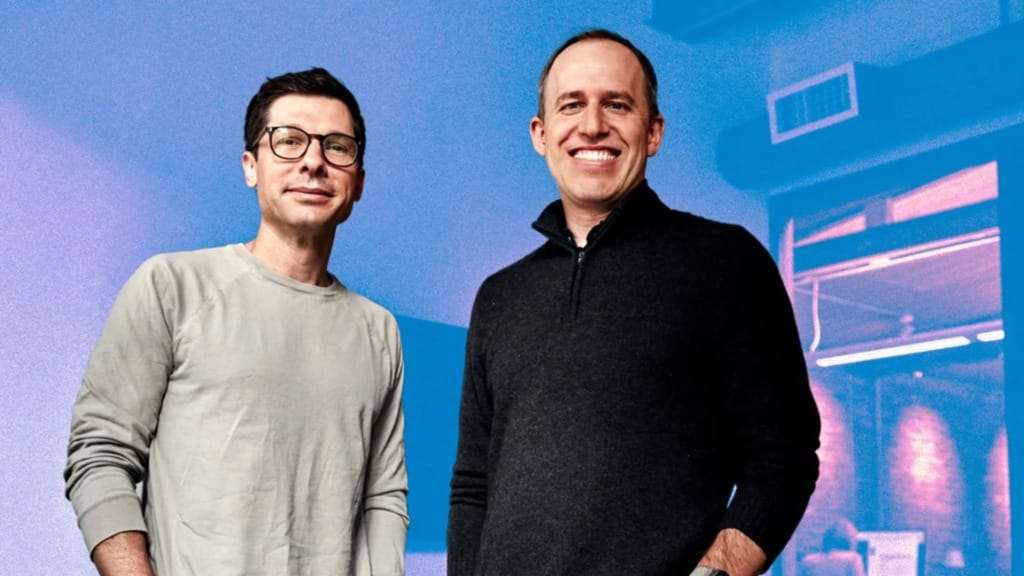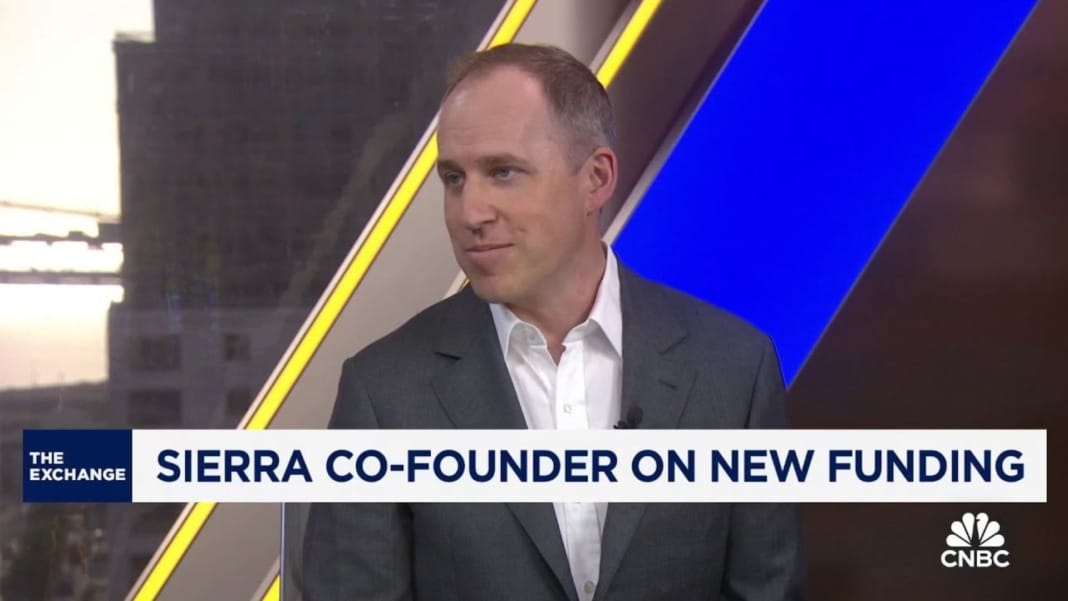Sierra, a fast-growing AI start-up co-founded by former Salesforce co-CEO Bret Taylor, has secured US$175 million in its latest funding round, led by Greenoaks Capital, pushing its valuation to an impressive US$4.5 billion. This boost follows the company’s high-profile launch less than a year ago and solidifies its position among Silicon Valley’s most valued AI start-ups. With participation from major investors like Thrive Capital and Iconiq, Sierra’s recent funding reflects the substantial interest in AI-driven business solutions.
Strong backing for Sierra’s AI innovation
Sierra’s substantial funding highlights investor confidence in the company’s growth potential. Before this latest investment, Sierra had already raised US$110 million from Sequoia Capital and Benchmark, reaching nearly US$1 billion in valuation. Now, with an estimated annual revenue surpassing US$20 million, the company’s continued rise in valuation underscores investor enthusiasm for its future in the AI sector.
While investors have grown cautious about an AI bubble, Sierra’s performance indicates enduring confidence in AI’s impact on business. This recent surge in funding showcases the appetite to back companies with reputable founders and promising technologies. Established players in the market, such as OpenAI’s ChatGPT, may have sparked AI interest, but the focus is now shifting towards business applications that generate consistent revenue through enterprise clients.
AI-powered customer service with a unique approach

Founded by Taylor and former Google executive Clay Bavor, Sierra develops AI-driven customer service chatbots designed explicitly for enterprises. The company counts WeightWatchers and Sirius XM among its clients, marking an early win in the competitive AI customer service space. Sierra’s AI models stand out by addressing a common challenge in AI—minimising “hallucinations” or the generation of inaccurate information by AI chatbots. This focus on accuracy aims to build trust with brands, allowing Sierra’s AI to confidently handle customer interactions without spreading misinformation.
Sierra’s entry into the AI-powered customer service sector pits it against established firms like Salesforce and innovative start-ups like Forethought. By reducing errors in chatbot responses, Sierra is positioning itself as a reliable choice for brands seeking trustworthy AI solutions. This competitive edge could be vital in attracting and retaining enterprise clients, helping Sierra stand out in an industry brimming with new AI solutions.
Taylor’s latest venture continues his influence in Silicon Valley
Bret Taylor’s role in Sierra marks another significant step in his Silicon Valley journey. Taylor, known for his leadership at Salesforce and current position as chair of OpenAI’s board, has remained a pivotal figure in the tech landscape. At Salesforce, he was considered a potential successor to CEO Marc Benioff, but he eventually stepped down to focus on entrepreneurial endeavours, including Sierra. Taylor also oversaw the Twitter board during Elon Musk’s acquisition, adding to his impressive résumé.
His co-founder, Clay Bavor, brings his tech expertise. He joined Google in 2005 and manages products like Gmail and Google Drive. Together, Taylor and Bavor form a seasoned team that is strengthening Sierra’s credibility in the AI industry. By addressing practical applications of AI, particularly in customer service, Sierra’s founders aim to fill a growing market need.
Sierra’s rapid growth and solid backing by prominent investors signal an increasing focus on AI solutions for enterprise use. With a straightforward approach to reducing errors and a dedicated focus on delivering reliable AI service, Sierra is well-positioned to capture market share in a competitive field. This early success in customer service AI demonstrates Sierra’s innovative capabilities and investors’ confidence in Taylor and Bavor’s vision.





